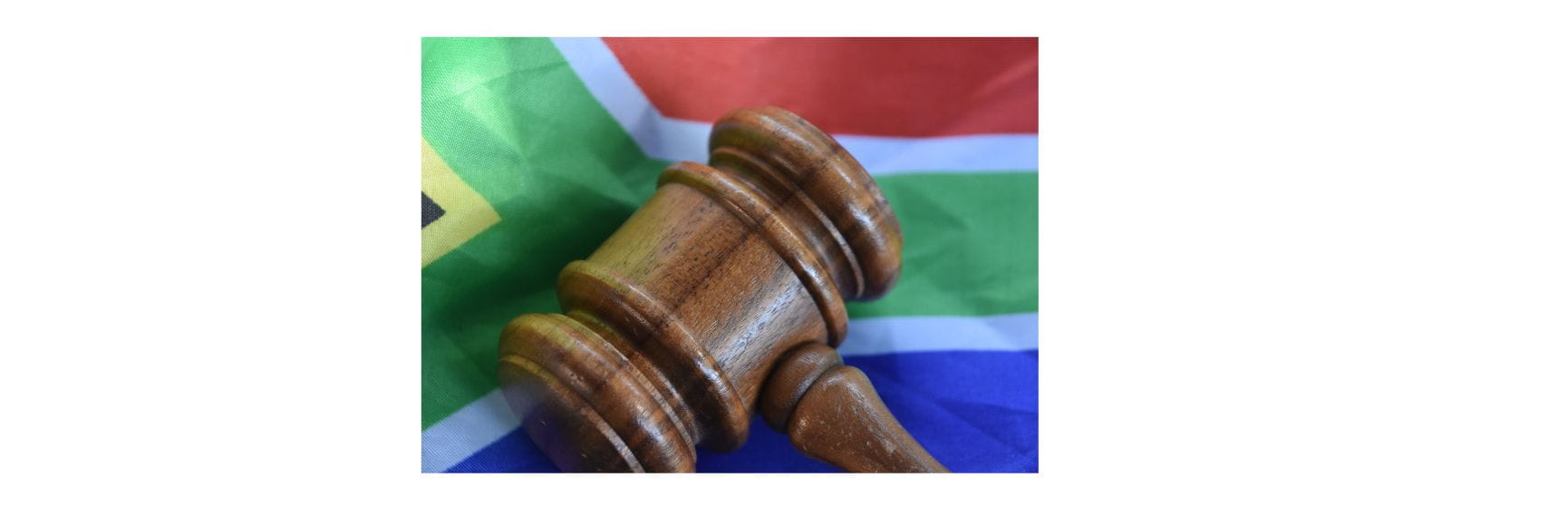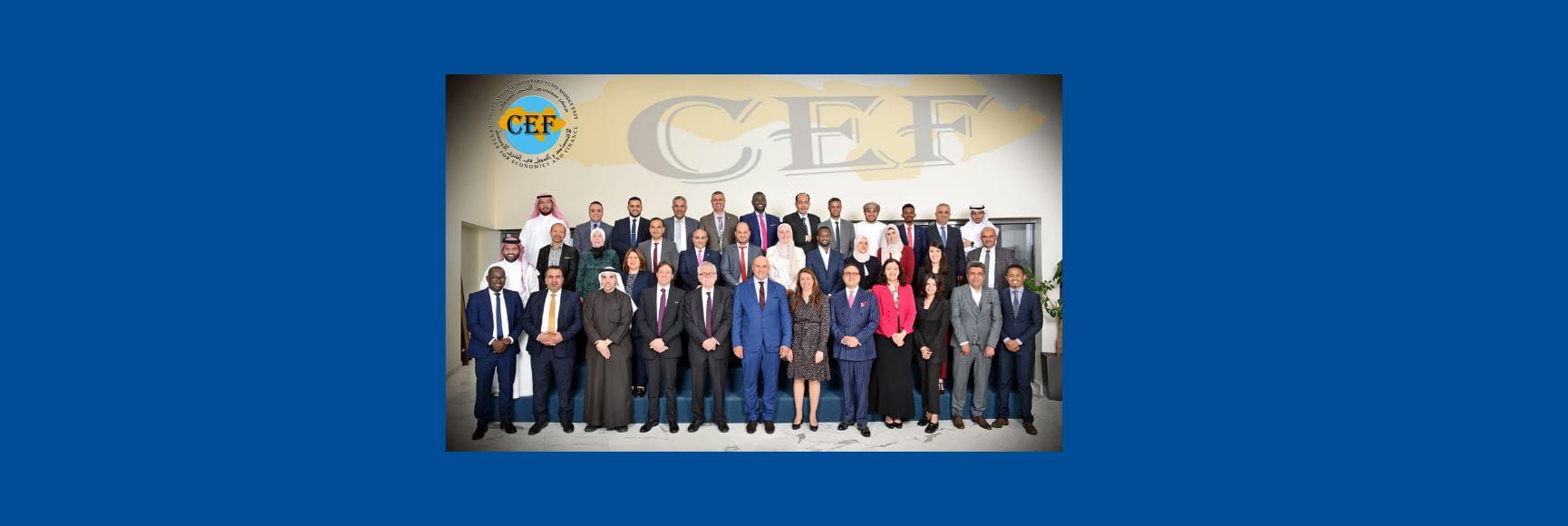In 2016, a big scandal erupted with the release of a damaging report on state capture by the outgoing Public Protector of South Africa, Ms Thuli Madonsela. On her recommendation, the Zondo Commission of Enquiry was appointed in January 2018 to investigate state capture by President Zuma and the Gupta family—a wealthy family who immigrated to South Africa in 1993.[1] The Commission’s blockbuster report in 2022 focused on how appointments were made to various boards and expressed strong views on the system of political deployment. President Ramaphosa responded in October 2018 by committing the Government to implement most of the Commission’s recommendations.
What are the lessons to be learnt from South Africa’s bitter experience of state capture? Whilst it highlights the importance of Constitutional and parliamentary checks and balances, and the need to clarify the powers between politicians and public servants, it demonstrates that these checks and balances and even the best-in-class public finance management system are not sufficient to prevent corruption. So what more needs to be done to reduce the scope for corruption and state capture?
The evidence before the Zondo Commission demonstrates that the state capturers were able to: (i) appoint willing collaborators in all kinds of key positions; (ii) hobble the law enforcement agencies, even making some of them complicit in corruption; (iii) weaken parliamentary oversight; and (iv) capture parts of the independent media.
No public finance arrangements can by themselves prevent corruption in these circumstances, but in South Africa they did provide red flags and speedbumps, to slow down corrupt transactions. The priority is to fix the political governance and accountability system, even as we make technical improvements to our accountability system. At the same time, we need to rebuild state capability while putting in place a permanent anti-corruption mechanism.
What was the background to state capture and its disastrous consequences? First, it was led by the President, who took office in May 2009 and, together with the Gupta family, immediately set out (as the primary objective) to access the procurement budgets of the public sector. The largest of these budgets are with state-owned entities (SOEs), especially Eskom (power), Transnet (logistics and freight), PRASA (commuter trains), Denel (defense) and SAA (airline) contracts. Secondary targets were the smaller departmental procurement budgets, those with larger capital or IT budgets, or pools of big funds, like the State Pension Fund.
The evidence to the Zondo Commission demonstrates that the President already had a plan to capture Transnet within a month of taking office and, together with the Gupta family, started to implement a systematic plan for the state capture of key state-owned entities by November 2010. Implementation was effected by the appointment of a willing Minister to oversee state-owned entities. This Minister immediately (and skillfully) created the climate for capture by promoting an aggressive political and transformation framework that concealed the questionable appointments he made and deflected criticisms of measures that undermined good governance practices and fiduciary responsibilities.
The boards of the large SOEs were replaced by pliant boards, key positions being reserved for Gupta collaborators, like the chair of the board and of key subcommittees related to audit and risk management. Board tender committees, chaired by Gupta loyalists, were established or repurposed to award tenders. The top management of the departments/agencies that posed a barrier or threat to capture were replaced, including the National Prosecution Agency, the police and the State Revenue Service (SARS). Prominent ministers who resisted state capture were replaced. Pliant firms to audit SOEs were appointed. The first qualified audit of ESKOM was only published in 2017, and of Transnet/Denel/SAA in 2018 (seven years after state capture).
In addition, key governmental decision-making processes were informalized. For example, the former President ensured that the big decisions were made outside Cabinet, and only brought to Cabinet when the President needed a decision (a parallel government). No documentation was provided to Cabinet to support key decisions, such as for the proposed nuclear deal or the Gupta banking accounts. The Ministry of Public Enterprises (responsible for oversight of SOEs) including its advisors operated verbally with no written records or directives. Lack of clarity between the roles of Ministers and their heads of department provided an effective cover for the many decisions made in bad faith.
Fundamentally, the major drivers of state capture were political failures:
- The former President enjoyed strong support within the ruling party and alliance, and his attempts at capture were couched as advancing a transformation agenda.
- Parliament failed to exercise effective oversight between 2009 and 2017, and the majority of members largely chose to ignore the many red flags and did not hold the President and pliant Ministers to account.
- The system of appointments to key positions in SOEs and many government agencies was highly politicized and abused.
- Despite a National Development Plan in 2012 that dealt with the political-administrative interface and the creation of a professional public service, nothing was done to implement these proposals.
There is much work to do to put these recommendations into effect. These effects will take many years and strong leadership to reverse. In doing so, it is important to avoid knee-jerk responses to corruption, as it can and does lead to perverse outcomes – including by making honest accounting-officers more risk averse, and paralyzing the ability of the state to deliver services. Indeed, the worst legacy of state capture is that it has not only changed the culture of the public service, which is far from the professional public service that is required for a developmental state, but that it weakened the ability of the state to make and implement such decisions. Key corrective steps to take include:
- Fixing the politics – the need for electoral and accountability reforms.
- For SOEs, fixing the Minister-Board interface. What should a Minister do and not do? What are the limits of power of a Minister and the President?
- Ensure that members of boards of SOEs are honest, credible and competent by depoliticizing the board appointment process and regulating the process of appointing and dismissing board members and CEOs/CFOs, and perhaps allowing stakeholders to also appoint some non-executive directors.
- Prohibit ministers and boards from participating in the procurement tender process - boards should only oversee that such processes have integrity.
- The Auditor General should have the sole power to approve external auditors of SOEs, with no role for the shareholding minister to appoint auditors or members of the audit committee.
- As recognized by the Zondo Commission, the Accounting Officer of a department or an SOE board who makes a decision in good faith should not be made subject to criminal prosecution, even if the judgement call was poor. Neither should that official be subject to disciplinary processes for making such decisions.
- Reversing current cultural norms and professionalizing the public service. Public servants should be incentivized to be problem-solvers and protected from political authorities who act in bad faith. Administrative heads of departments or its managers should not be fired if and when they say no to their Minister for good reason. Similarly, Board members should not be pressured to assume that what Ministers tell them (even when not legal) is a directive and trumps the law.





